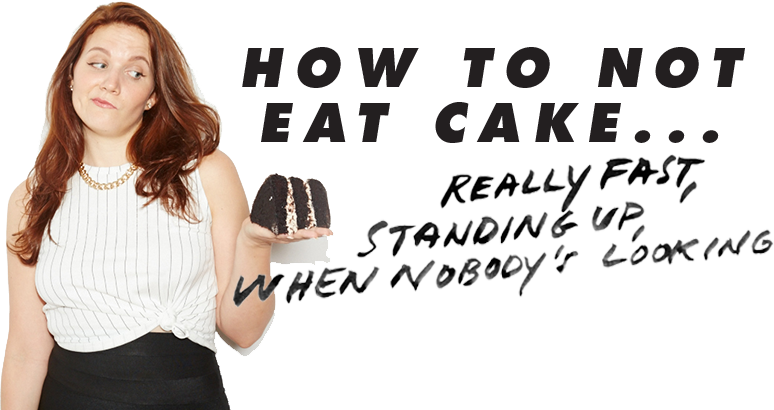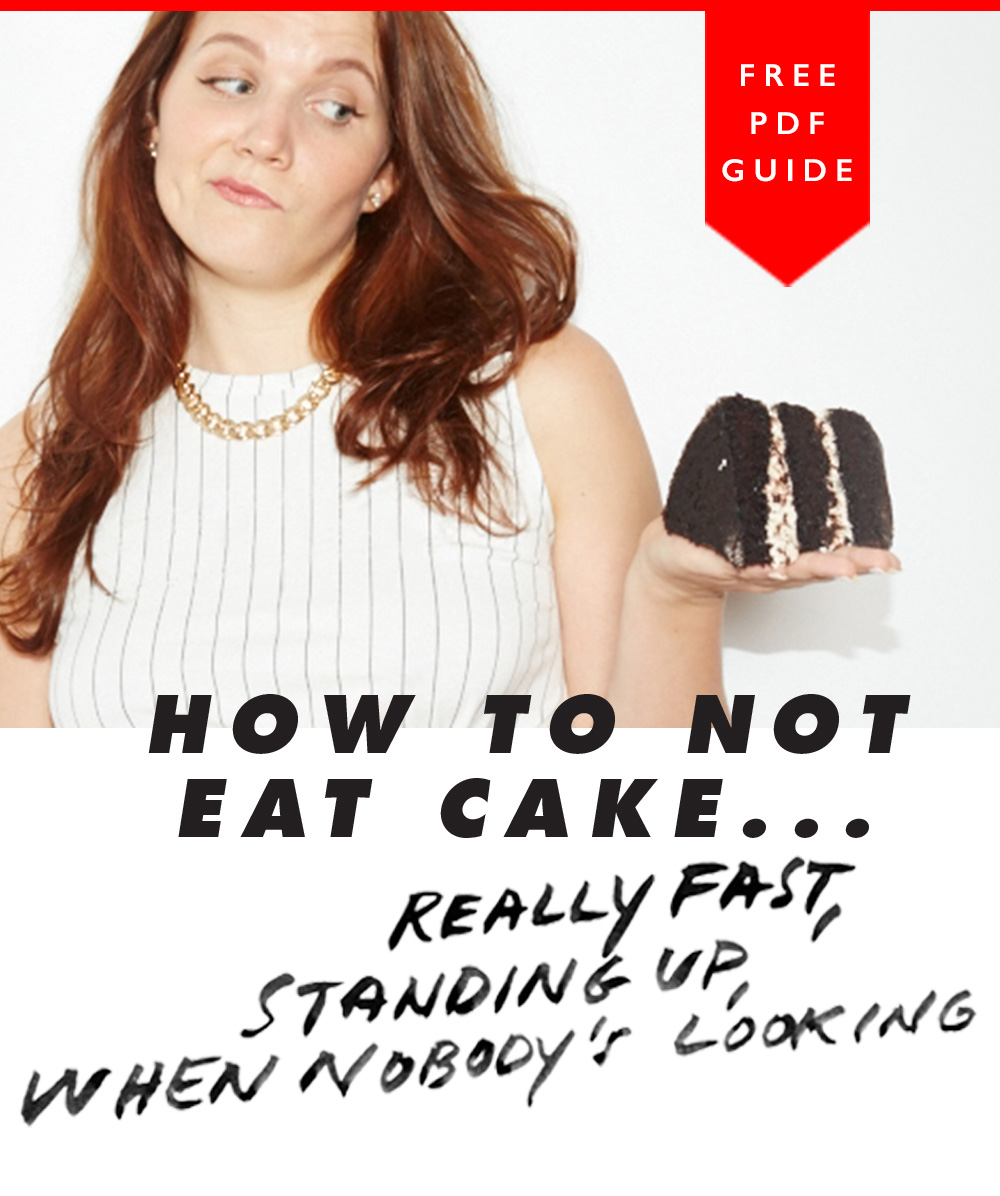
Harm Reduction for Emotional Eating
I’m at my desk trying to meet an important work deadline…with the worst writer’s block of all time.
All I want is snacks—especially chocolate—which I know won’t make me feel physically *awesome* while I try to get through the rest of this day…but, c’est la via. That’s just where I’m at.
My reality, in this moment, is that chocolate is probably going to happen.
Thankfully, I can whip out some handy-dandy “harm reduction” tactics to balance my blood sugar, so I don’t fall asleep at my desk afterwards.
For instance, I can *add in* fat, protein, or fiber-filled foods to slow down the absorption of sugar into my blood…and minimize the blood sugar spike-and-crash I might otherwise experience from eating chocolate by itself. It’s blood sugar magic!
But seriously, harm reduction—that is, the practice of taking actions that reduce the effects or likelihood of harm when engaging in other-wise “risky” behaviors—is life-saving magic…particularly for folks recovering from dieting while managing nutrition-related health conditions. More on this here.
Although emotional eating is a relatively safe (or harm-less) coping mechanism in the absence of food-related medical conditions—I hesitate to even use “harm reduction” language in this context to avoid creating unnecessary fear around food—I feel strongly that we consider alternatives to “abstinence-only” policies for behavioral modification…even in cases when coping mechanisms *do* objectively come with more risk.
For another example, you can read how harm reduction policies have saved thousands of lives in the opioid epidemic here. Methadone clinics, needle exchange programs, even condom use and safe-sex education, are all examples of “harm reduction” policies.
This all to say…
Sure…we can keep trying to white-knuckle ourselves into “abstinence” from emotional eating…probably failing and almost certainly beating ourselves up along the way (and maybe even falling into hard-core binge-mode, because, fuck it…I already screwed up, so might as well eat everything that isn’t nailed down and try again tomorrow…)
OR
we can accept the reality that “emotional eating” sometimes happens to humans…and acknowledge that there are lots of ways to take care of our bodies that don’t require we meet unrealistic expectations of perfection or “abstinence.”
Lastly, if you’re personally recovering from an “abstinence-focused” approach to emotional eating, I highly recommend listening to this podcast interview where I share my experience in 12-step programs for “food addiction” and why I made the shift to a judgment-free, allowance-focused approach to food instead.

